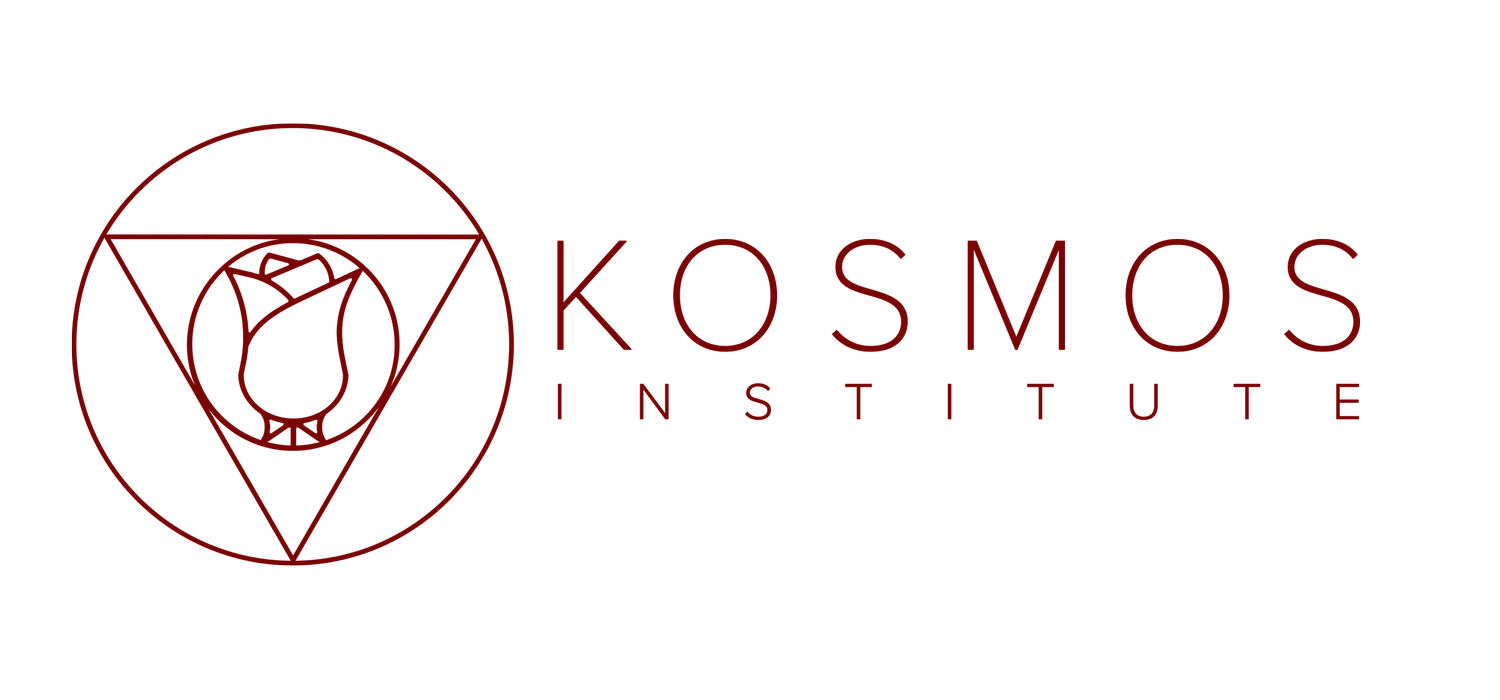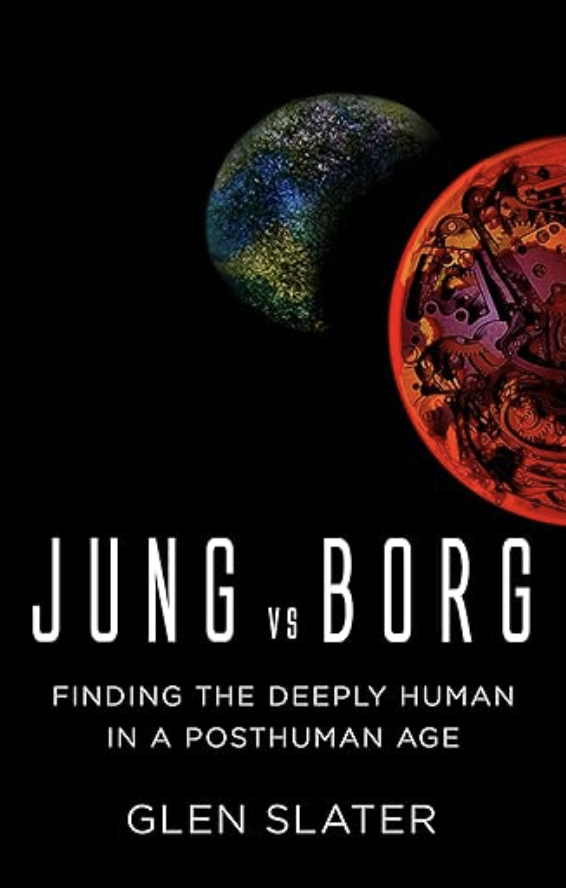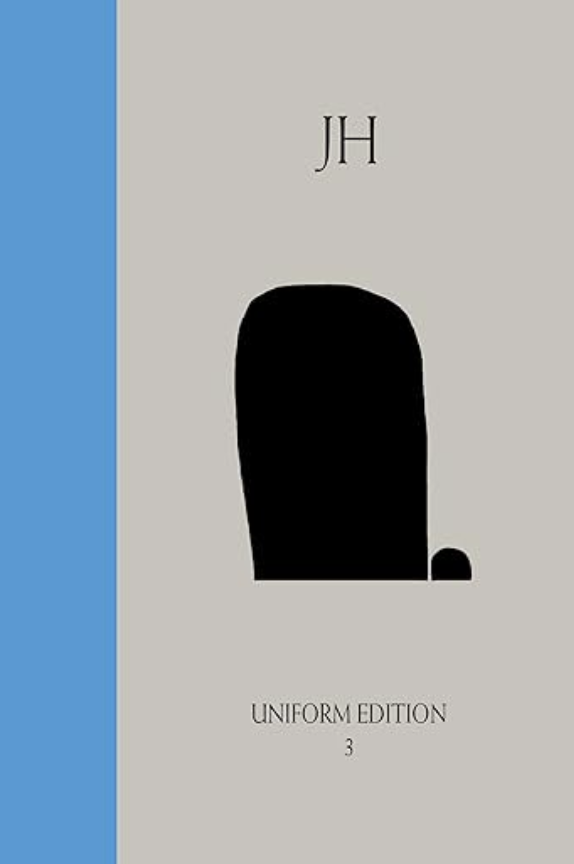Please Note: Our on-demand courses are not live but pre-recorded.
James Hillman and Archetypal Psychology: The Return of the Gods
The Definitive Introductory Course on the Works of James Hillman!
Dr. Glen Slater
James Hillman was a prominent post-Jungian thinker and writer who founded the depth psychological approach known as Archetypal Psychology. He built on Jung’s understanding of the archetypal background of the psyche and took the mythic imagination to be the primary means by which we may access this background. This made him, in many respects, the world’s most mythological psychologist.
This course is an introduction to Hillman’s work. It begins by examining the roots of his approach and engaging critical distinctions he makes between different styles of knowing that play a dominant role in psychology—old and new, spiritual and soulful, and monotheistic and polytheistic. We will then move to focus on the process he calls “soul-making,” which he understands to be the opus of psychological life. Hillman argues we make soul by cultivating images, which brings depth, eros, and divine play to the events and circumstances of life. He sets out these notions and other essential elements of his approach in his pivotal book, Re-Visioning Psychology, which will anchor the course. In the final weeks we will apply his perspective to two pressing concerns of our day: our immersion in digital technology and our capitulation to large, abstract systems.
In this course you will not only develop a familiarity with the basic ideas of archetypal psychology and form a deeper understanding of the confluence of psychology and mythology, you will explore the significance of this approach in relation to a range of socio-cultural challenges, including the search for a new cosmology.
This course is an introduction to James Hillman’s work. It begins by examining the roots of his approach and engaging critical distinctions he makes between different styles of knowing that play a dominant role in psychology—old and new, spiritual and soulful, and monotheistic and polytheistic. We will then move to focus on the process he calls “soul-making,” which he understands to be the opus of psychological life.
Week Three Course Lecture
Glen Slater, Ph.D. has been a long-time core faculty member at Pacifica Graduate Institute, most recently chairing the Jungian and Archetypal Psychology Program. He is the author of Jung vs Borg: Finding the Deeply Human in a Posthuman Age (2024), editor of the third volume of James Hillman’s Uniform Edition, Senex and Puer, co-editor of the essay collection, Varieties of Mythic Experience, and has written a number of articles and book chapters for Jungian publications. His research and writing interests concern Jung and film, the psychology of religion, and depth psychology and technology.
Syllabus at a Glance:
Week One: From Jung to Hillman
The work of C. G. Jung, the pioneer of depth psychology and founder of analytical psychology, provides the basis of Hillman’s approach to the psyche.
Week Two: Psyche, Eros and Imagination
Hillman argued that the myth of Eros and Psyche is the most fitting mythic basis for a modern psychology and he compared this to the Oedipus and the Hero myths, which informed Freud and Jung’s approaches. Hillman’s idea of soul-making as an opus, requiring a careful consideration of soul and love, becomes central.
Week Three: Senex and Puer; Spirit and Soul
Although archetypal psychology takes a “polytheistic” approach to the psyche, attempting to bring awareness to all the divinities/archetypes at work, certain archetypal patterns become primary in Hillman’s approach. Senex and Puer—the old man and eternal youth, relating to the past, present, and future—is one such pattern.
Week Four: Personifying
As we move on to engage Hillman’s magnum opus, Re-Visioning Psychology, we begin, following the structure of this work, with the psyche’s propensity to imagine in personified form.
Week Five: Pathologizing
One of the hallmarks of the archetypal psychological approach is the soul-centered understanding of life’s challenges and problems, with a view to accepting the complexities of psychological life and discerning their hidden purpose in terms of soul-making.
Week Six: Psychologizing
Perhaps the hallmark of Hillman’s work is his constant return to the gods and “seeing through” various phenomena to the presence of these personified archetypal agents.
Week Seven: Dehumanizing
At the heart of soul-making is the view that the soul is larger and more encompassing than even the span of a life.
Week Eight: Hermetic Intoxication
In order to address contemporary social and psychological difficulties via archetypal psychology, this week’s topic looks at online life and the digital age.
Week Nine: Modern Currents
We cannot today look at the world through the lens of myth without engaging the Titans and the titanism that is all around—the kind of consumptive, power-focused giantism and expansionism that shapes so much of life.




